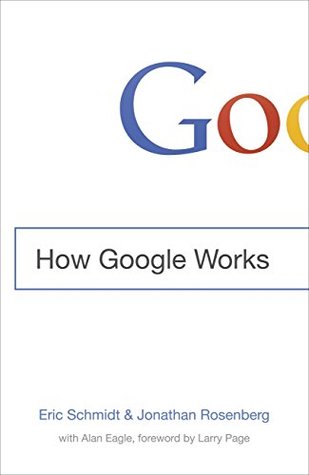
The book is written from the perspectives of its co-authors, Eric Schmidt, and Jonathan Rosenberg, who occupied various top-level positions at Google, and who, back in 2010, created the first internal class for Google managers.
They decided to write this book to share how the art of management changed and is changing. The book is written like a collection of their personal notes organized around key topics—culture, strategy, talent, decisions, communications, innovation.
This is definitely not a book about “How Google Works” on a daily basis, i.e., how the teams are organized, how they are aligned, what is the onboarding process, and other low-level details. It is a book about what makes Google work so well, and how Google continues to inspire and innovate after two decades when most large corporations lost this ability sooner. The book captures the essence of what defines Google and what makes Google a special place to work. For details about how to apply the same logic to your company, the book Work Rules is a must-read.
I read this book just after No Rules Rules about the Netflix culture, and I find it profoundly illuminating to observe how both companies try to challenge common management practices at the same time, and how many similarities we can draw between the two cultures. I found the Google book more impactful and more profound, especially if we consider the large impact Google had had on our lives.
The book will clearly benefit entrepreneurs, but as a developer, the reading was really interesting with practical advice like the importance of developing the skill of hiring well. The book was also an opportunity to reflect on my own work experiences to have a better idea of what I miss so much. We cannot ignore the vast contributions of Google over the last two decades in our life. And therefore, (I think) we cannot ignore this book, which is very fun by the way. It contains jokes, and numerous anecdotes about employees that authors have worked with, which are often the Google founders and top executives like Sheryl Sandberg. The companies of the twenty-one century will (hopefully) look more like Google, and this book is the best portrait available to understand it.
It would be interesting to have a revised edition after the current pandemic, to understand how Google’s culture evolved with thousands of Googlers working from home.
